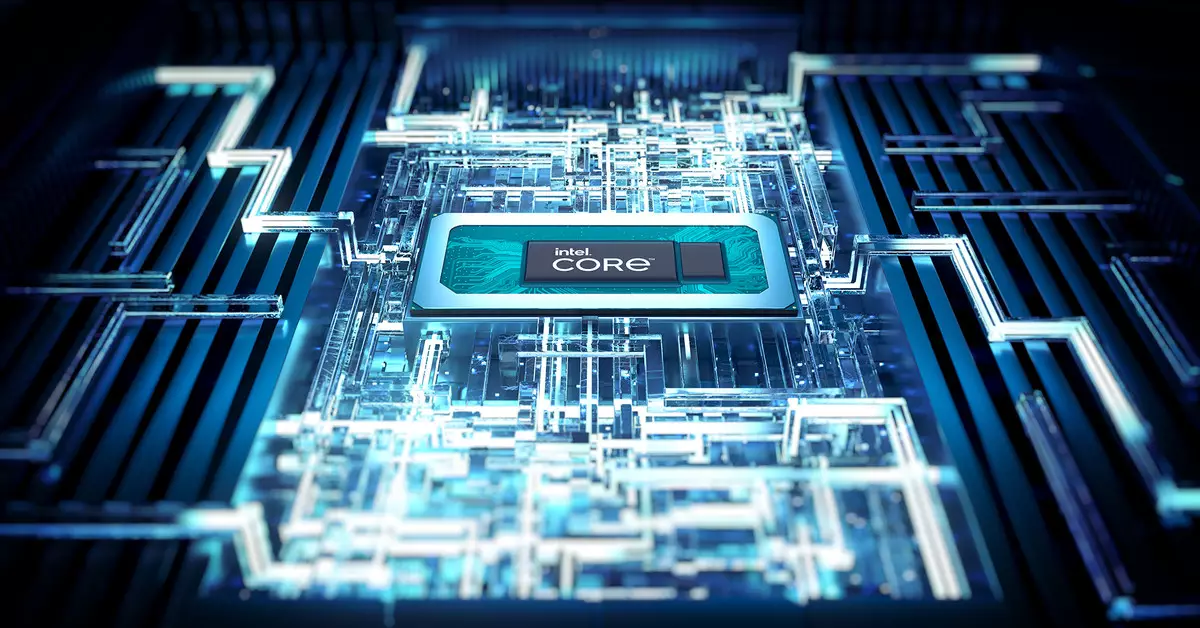In the tech world, maintaining the stability and performance of chips is crucial for the overall functioning of devices. Recently, Intel has faced questions regarding the vulnerability of its laptop chips to permanent damage, similar to what was observed in some flagship desktop chips. Intel has finally addressed these concerns, stating that its 13th and 14th Gen laptop chips do not appear to have the same instability issues as their desktop counterparts.
Intel spokesperson, Thomas Hannaford, has confirmed that Intel’s 13th and 14th Gen mobile chips are not affected by the instability problems that have plagued some desktop chips. While Intel continues to investigate the exact root cause of the crashes, it has stated that laptop chips are not impacted by the too-high voltage issue, also known as “Vmin Shift Instability.” This confirmation provides some assurance to users who rely on Intel’s laptop chips for their computing needs.
Intel has released a list of products that are not affected by the Vmin Shift Instability issue. These include 12th Gen Intel Core desktop and mobile processors, Intel Core 13th and 14th Gen i5 (non-K) & i3 desktop processors, Intel Core 13th and 14th Gen mobile processors (including HX-series processors), Intel Xeon processors, and Intel Core Ultra (Series 1) processors. This list provides clarity on which products are safe from the instability problem.
Although most Intel Core 13th and 14th Gen desktop processors are not impacted by the Vmin Shift Instability issue, Intel recommends that users ensure their systems are running the latest BIOS updates. This can be checked using Intel’s Compatibility Tool or the motherboard manufacturer’s website. By following Intel’s Default Settings recommendations for their processors, users can further mitigate any potential risks associated with the instability problem.
Looking ahead, Intel has assured users that its future chips, including those scheduled for release on the Arrow Lake and Lunar Lake architectures, will be protected against the Vmin Shift Instability issue. This proactive approach by Intel demonstrates its commitment to ensuring the stability and reliability of its upcoming product families.
In the event that a user’s i9, i7, or K-series i5 desktop CPU has already been permanently damaged by the instability issue, Intel and PC builders are offering a two-year warranty extension for affected CPUs. Users are encouraged to contact Intel or their PC builder immediately to initiate the replacement process. Ensuring that users are covered under warranty provides a sense of security and peace of mind for those affected by the instability problem.
Intel’s confirmation that its laptop chips are not affected by the Vmin Shift Instability issue and the proactive measures taken to protect future chip families are positive developments for users. By following Intel’s guidance on BIOS updates and utilizing recommended settings, users can minimize the risks associated with chip instability. The warranty extension offered for affected CPUs further underscores Intel’s commitment to addressing and rectifying any issues that may arise with its products.


Leave a Reply